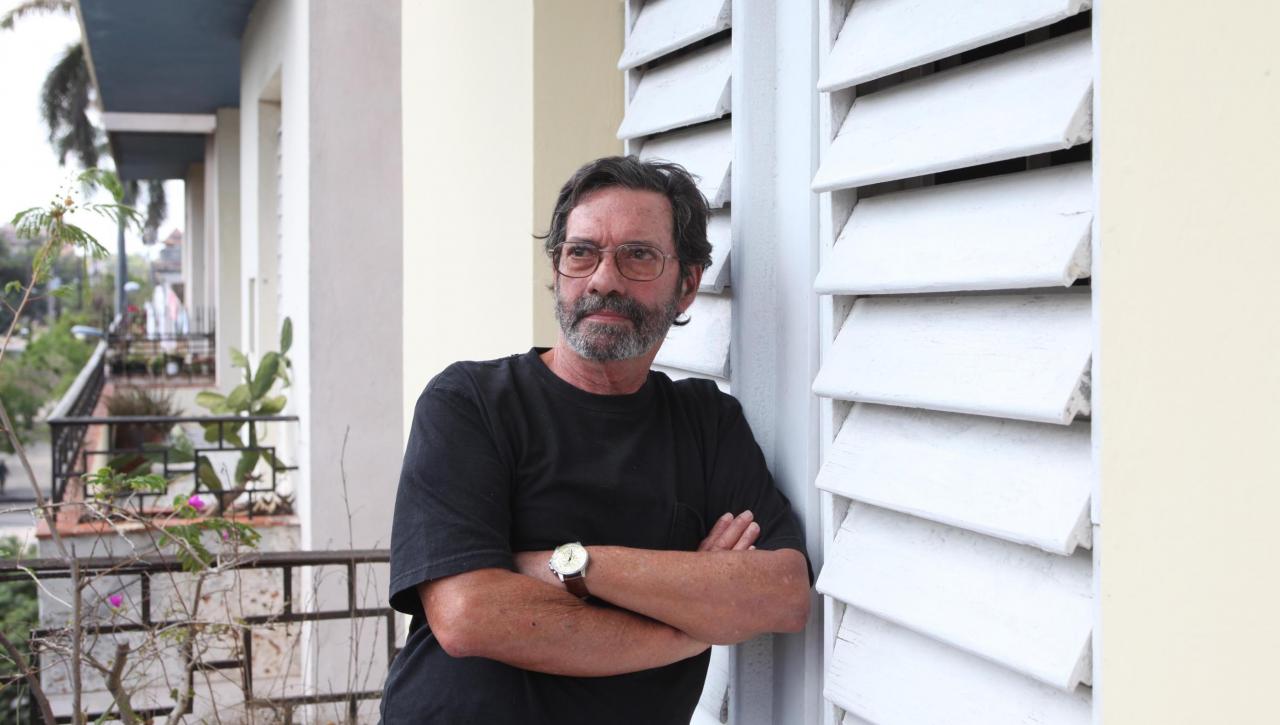Cuban film director Juan Carlos Tabío, author of important films such as Switch (1983), Plaff (1988) and Waiting list (1999), died on Monday January 18 in Havana at the age of 77, according to the Union of Writers and Artists of Cuba (UNEAC) in their social networks.
The Cuban Institute of Cinematographic Art and Industry (ICAIC) also complained of Tabío’s death, describing it as “ part of the transcendent work of Cuban cinema and the nation’s history. ”
Among his most recognized works are also Strawberry and chocolate (1993) and Guantanamera (1995), both co-directed with Tomás Gutiérrez Alea.
Winner of the National Film Award in 2014, Tabío began his career at ICAIC in 1961 as a production assistant and later went on to work as an assistant director.
Between 1963 and 1980 he made more than 30 documentaries and worked on the script for several plays. In 1989 he joined the San Antonio de los Baños International School of Film and Television as a teacher, where he taught courses in screenwriting and film directing.
His last work was one of the stories that make up the film Seven days in Havana (2011), which also included filmmakers such as Julio Medem, Benicio del Toro, Lauren Cantet, Elia Suleiman, Gaspar Noé and Pablo Trapero.
Numerous Cuban filmmakers and artists have expressed their condolences on social media.
“With just a few of his short films, or with films such as Exchange O Plaff it is already in the olympus of the best Cuban comedy. You have to see it again The elephant and the bicycle. There are many keys hidden in that work. Juan Carlos Sr., the emptiness you leave behind is enormous. You locked yourself up and took the key in your coat, along with the box of cigars and the guapería, ‘said film director Carlos Lechuga.
“(…) Of his race are Saúl Yelín’s chair, José María Vitier’s piano, and Luis García Mesa’s sorrow in a corner of Ocean Drive. Everything else, however deep, came later. “Light for the road: He was the lamp, one of them, perhaps the last. There is not a single antique dealer in the Cuban cinema who can fix it,” wrote Juan Pin Vilar.
“A very talented director. His brilliant comedies (with excellent scripts) play with folklore, but they aren’t exactly folkloric; there’s more chicha and that’s what makes them special. I always thought he was ‘the king of the mob comedy’. Manuel Marzel said on his social networks.
The official portal Cubacine He reported that his body will be cremated and will later report on “the goodbye to this man who thought in pictures and left us an important career in the Cuban film industry as a legacy”.
